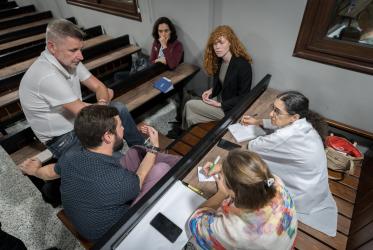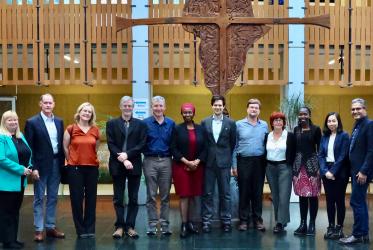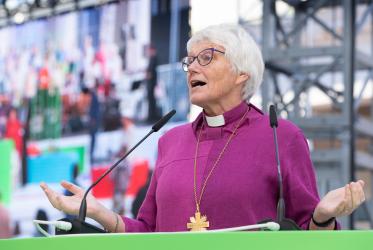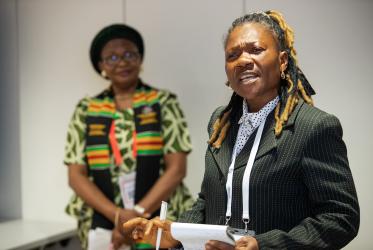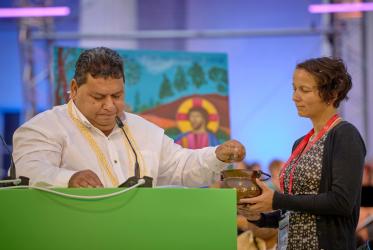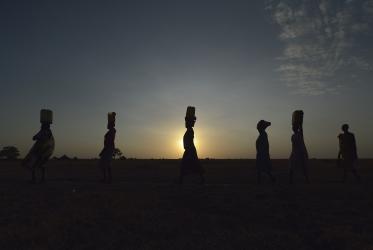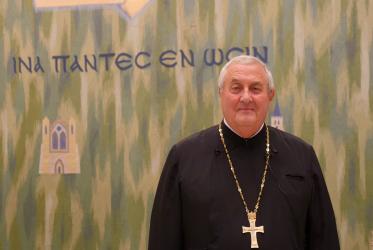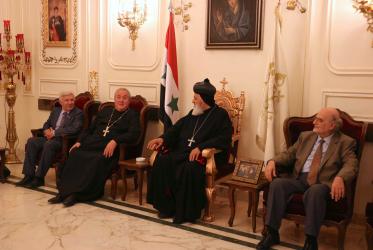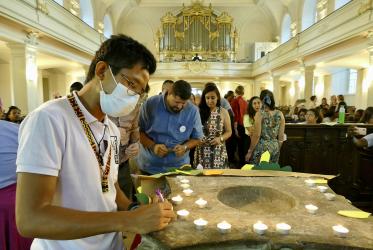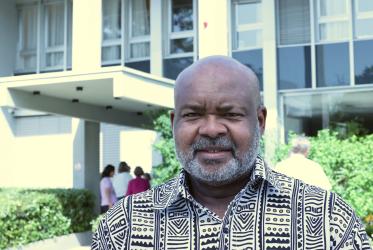Displaying 41 - 60 of 437
Migrants in Argentina find listening ears and open hearts
04 November 2022
Pan-African women tell stories that celebrate who they are
15 September 2022
Care for Creation: Decades of ecumenical advocacy
01 September 2022
Cooler Earth - Higher Benefits (Third Edition)
Actions by those who care about children, climate, and finance
16 August 2022
127th Anniversary of WSCF: A Walk Down Memory Lane
28 June 2022
Bridging gaps and bringing people to the table
23 June 2022
